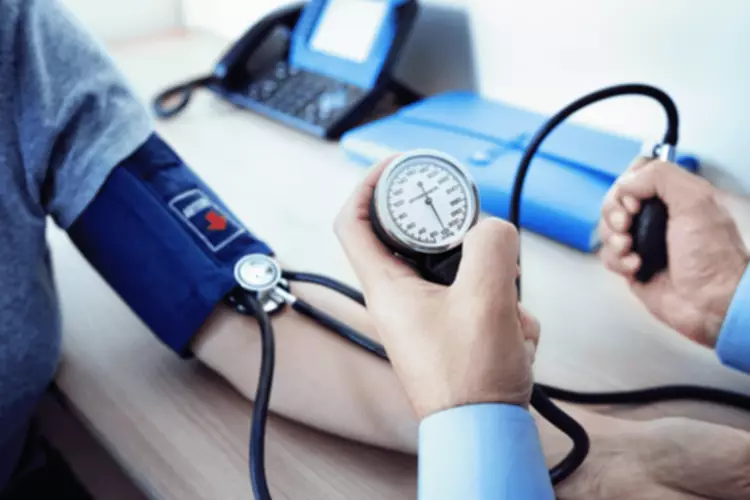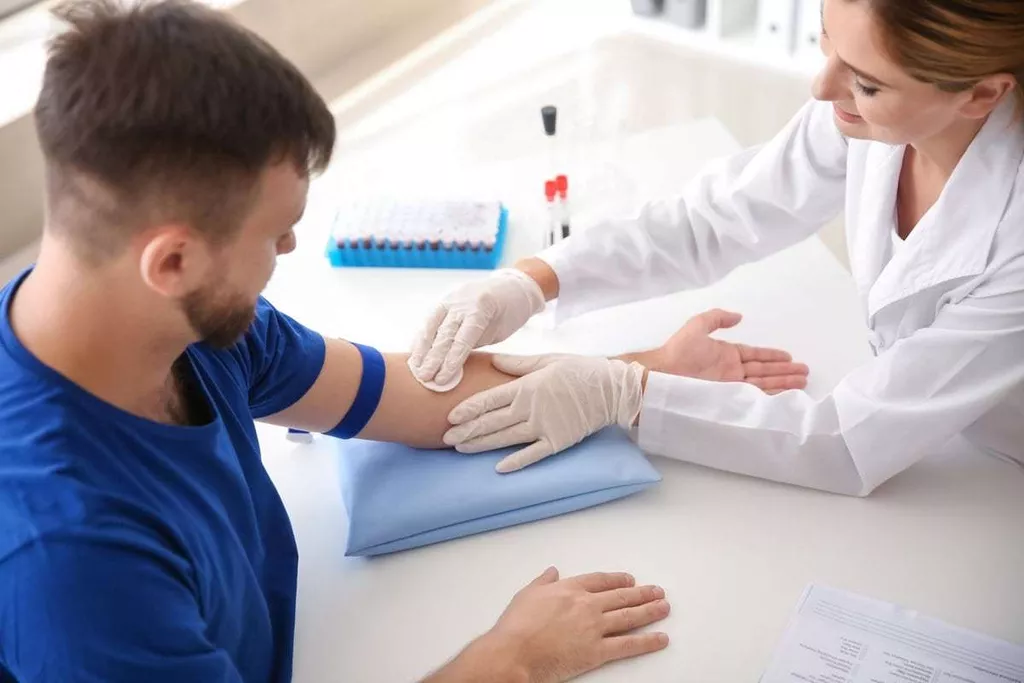
Content
What he has found to be most rewarding about working in the addictions treatment field is being able to help suffering addicts and alcoholics to realize their fullest potential. Sydney Tubbs is a driven and compassionate Operations Director at The Freedom Center. With a profound understanding of the complexities surrounding addiction, Sydney has dedicated her career to improving the lives of individuals struggling with substance abuse. Her exceptional leadership skills, coupled with her unwavering commitment to delivering high- quality care, have allowed her to successfully oversee the day-to-day operations of a leading addiction treatment facility. With herself and her staff their main goal is to provide a safe, nurturing environment for our clients.
Many of the folks we work with in our non 12 steps rehab see this model and their faces light up. They say, “This is the story of my life. This is what’s been happening.” That “something to help us feel better” looks different for different people. When we have this panic and anxiety, we have all of this energy inside of us, and it feels awful. As a result of all of those messages that we internalized from various sources, we put up an internal wall around our anger. The first thing that happens is that we get a ton of messages that say that we are not allowed to express or feel our anger.
It’s because you’re not willing to feel those emotions, that anger and that hurt, and your energy is getting trapped. When we have that internal wall between us and our anger, that’s when we start to experience depression. Even after formal treatment ends, many people seek additional support through continued alcoholic rage syndrome involvement in such groups. Grief can come from the death of a loved one, a divorce or breakup, or from losing a job. The anger may be directed at the person who died, anyone else involved in the event, or inanimate objects. People with the disorder may feel irritable and angry most of the time.
It feels very, very scary when you’re hyperventilating and you can’t breathe, but it’s helpful to look at this and remember that panic is just accelerated up anxiety. Many of us got messages as children that it was not nice or it was not good to feel or express anger. This might not feel as intuitive, but one of the reasons that our hurts persist so tenaciously is because there is a part of us that wants them to be healed. There is a part of us that knows that we need to be able to take care of ourselves and we need to give ourselves care in order to heal. There’s a power inside of us that cares for those hurting parts, and that is part of why they’re so persistent, because they want to be healed.
It also raises the risk for negative consequences of outbursts related to explosive and uncontrolled anger. Some people are more prone to trouble controlling their anger while drinking than others. People who are more focused on the present than the future are more likely to become angry and aggressive under the influence of alcohol, for example, Science Daily publishes. Individuals with IED have reported that once they have released the tension that built up as a result of their rage, they feel a sense of relief. Once the relief wears off, however, some people report experiencing feelings of remorse or embarrassment. For some people, anger is caused by an underlying disorder, such as alcoholism or depression.
You’ll soon start receiving the latest Mayo Clinic health information you requested in your inbox. Joseph Gilmore has been in the addiction industry for three years with experience working for facilities all across the country. The study was supported by grants from the National Institute on Alcohol Abuse and Alcoholism and from the National Center for Research Resources. There were 34 trials, and the participant “won” half of them (randomly determined). Each time they “lost,” the participants received electric shocks that increased in length and intensity over the course of the trials, and the researchers measured if they retaliated in kind. “Alcohol is involved in half of all murders, rapes, and assaults,” said Robert O. Pihl, professor of psychology and psychiatry at McGill University.
Through various treatment options, we can help you get back to a life of normalcy. For more information about how we can assist you in your recovery journey, read about our alcohol addiction treatment options. No matter the reasons behind feeling anger when drinking alcohol, such behavior can be harmful. By consistently becoming angry or belligerent when you drink, you put yourself and others at risk.

If anger is an issue for you or a loved one when you drink, contact an addiction treatment professional near you and inform them of your needs. A reputable treatment program will be able to assess whether their program is a good fit for your recovery goals or whether they should refer you to a program more specialized around your needs. While the study indicates that individuals with an inclination to consider the present over the future are more likely to display angry reactions while drunk, it’s clear that alcohol has a link to anger. Alcohol use disorder, or AUD, is not only detrimental to the individual struggling with their drinking.
She comes to The Freedom Center with over 14 years of direct experience in residential and outpatient treatment between the private and federal sectors. Himself, an alumni of The Freedom Center, Michael brings a personal experience of the program to his role. A resident of Gaithersburg, Michael has planted roots and established a network in the local recovery community. Michael’s goal is to connect current client and alumni with resources to strengthen their life in recovery. Being a person in long term recovery, Erin wanted to give back and help those struggling with the disease of addiction.

By contrast, some individuals’ alcohol consumption contributes to their anger, hostility, and even aggression. In his case, he was already predisposed to anger arousal before he had his first drink. Treatment should be administered by a recovery specialist at a rehabilitation facility. Programs can be either inpatient or outpatient, depending on the severity of someone’s condition.
The aggression measure used in this study was developed in 1967 to test aggressiveness through the use of harmless but somewhat painful electric shocks. The researchers measured the participants’ threshold to the electric shock pain before the experiment began to ensure that no one received a shock that exceeded what they could take. Fortunately, people who become irrationally mad when drunk can work to prevent and treat their behavior. Overall, exhibiting one or a combination of the above factors can increase your chances of becoming angry when intoxicated. The existence of an angry “crazy drunk person” is often featured in TV shows and movies because of the rising drama and action they bring to an entertaining storyline.
